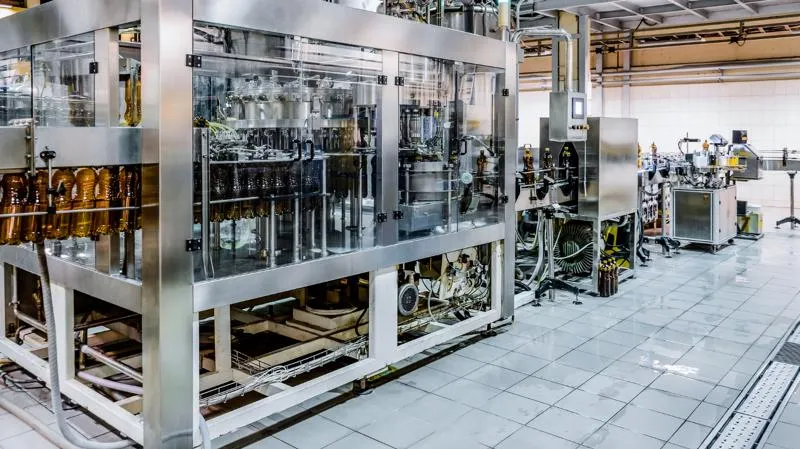
5 Main Factors You Should Know When Choosing a Blood Tube Filling Machine
Blood tube filling machines play an important role in filling blood tubes efficiently and safely in healthcare institutions such as blood banks and hospital laboratories. Making the right choice when choosing a blood tube filling machine is important to ensure smooth operation and maximum efficiency. In this blog post, we'll go over the five main factors you need to know when choosing a blood tube filling machine.
Filling Capacity and Speed
The first factor is the capacity and speed of the filling machine. Determine the required capacity by evaluating your current and estimated production volume. If you foresee growth in the future, it is recommended to choose a machine that can meet the increasing production demands. Also, evaluate the filling speed of the machine to see if it can efficiently meet your business requirements.
Types of Blood Tubes and Compatibility
Another important factor to consider when choosing a blood tube filling machine is whether the machine is compatible with the types of blood tubes you use. Different blood tube types may require different filling mechanisms or safety features. It is important that the machine you choose can handle the types of gas you use and adapt to the dimensions and characteristics of your cylinders.
Security Features and Compatibility
Safety is one of the most important factors when choosing blood tube filling machines. Make sure the machine complies with relevant safety standards and regulations. Evaluate machines with features such as automatic shut-off valves, pressure sensors, leak detection systems and fire suppression mechanisms. Make sure the machine has adequate safety precautions to protect operators, prevent accidents, and minimize gas leaks or cylinder bursts.
Automation and Control Systems
Automation and control systems can significantly improve the efficiency and accuracy of blood tube filling processes. Look for machines with advanced automation features such as programmable logic controllers (PLC) or human-machine interfaces (HMI). These systems can optimize the filling process, provide real-time monitoring, data logging and facilitate troubleshooting. A well-designed control system can increase efficiency and minimize human error.
Maintenance and After Sales Support
Consider the maintenance requirements and after-sales support offered by the manufacturer or supplier. Choose machines that are durable, reliable and easy to maintain. Check if the supplier offers preventive maintenance plans, spare parts supply and technical support services. Understanding maintenance needs and having reliable after-sales support ensures your filling machine has a long life and optimal performance.
In conclusion; Choosing the right blood tube filling machine is important to work efficiently and safely. You can make an informed decision by considering factors such as gas compatibility, filling capacity, safety features, automation and maintenance. Investing in a high-quality filling machine that fits your customized needs is essential to the success of your business.
You can visit our page for Blood Tube Filling Machines.
